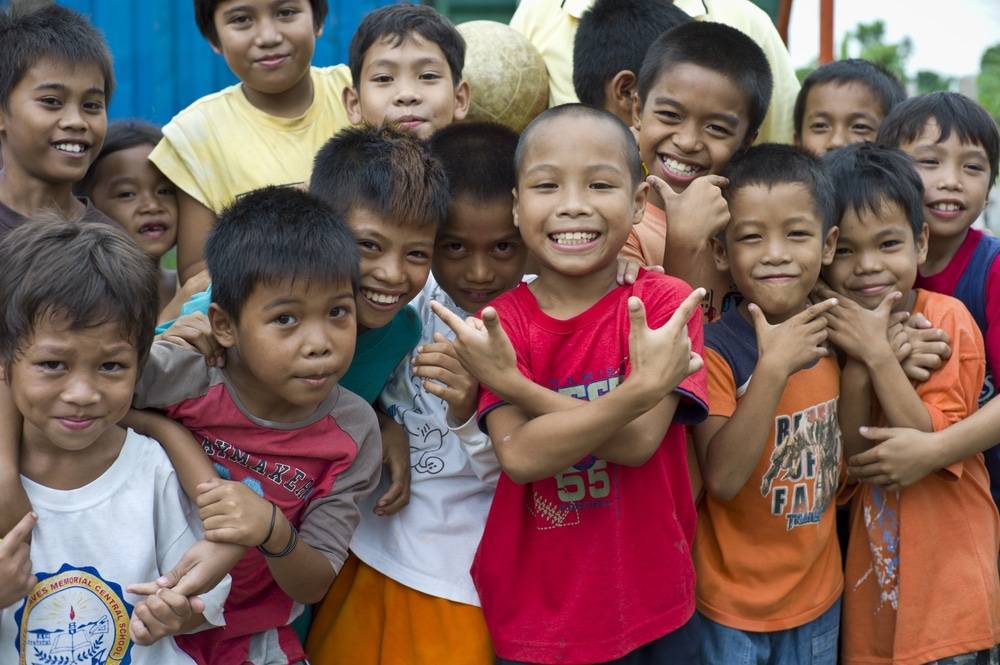In response to a concerning surge in measles cases, particularly in the Bangsamoro Autonomous Region in Muslim Mindanao (BARMM), health authorities have launched an extensive house-to-house vaccination drive.
This concerted effort aims to curb the outbreak in BARMM.
House-to-House Vaccination
The Department of Health (DOH) and the BARMM Ministry of Health (MOH) have teamed up to tackle this. They have jointly announced the implementation of a comprehensive immunisation campaign spanning from April 1 to 12. This initiative targets approximately 1.3 million children aged six months to 10 years old, particularly vulnerable to measles.
House-to-house vaccination, employing the ‘suyod’ strategy, is the primary approach adopted for this campaign. This method involves visiting every household to administer vaccines, particularly in areas with limited access to traditional vaccination sites. By directly engaging with families and communities, health workers aim to convey the importance and benefits of measles immunisation. They hope to address any concerns or hesitancies that may exist.
Collaborative Efforts for Public Health
The collaboration was seen between governmental bodies, international organisations such as UNICEF and the World Health Organization (WHO), and local health authorities. This collaboration highlights the multi-sectoral effort required to combat infectious diseases effectively. UNICEF’s provision of one million doses of measles vaccines for BARMM will be deployed strategically. There is also a million additional doses for the rest of the country.
Furthermore, the campaign’s inclusion of vitamin A supplementation enhances overall immunity and mitigates the risk of complications, emphasising a holistic approach to healthcare delivery.
Safeguarding Future Generations
Despite the challenges posed by the ongoing outbreak, there is optimism regarding the potential to contain and eventually eradicate measles within BARMM. Through concerted vaccination efforts and targeted interventions, health authorities aim to ensure that no child is left behind in the fight against this preventable disease.
However, sustaining high vaccination coverage remains imperative to prevent future outbreaks. The joint statement emphasises the need for continued investment in vaccine supply, healthcare infrastructure, and community engagement to bolster immunisation rates and safeguard public health.
Challenges and Opportunities
The measles outbreak in BARMM underscores broader challenges faced in ensuring comprehensive healthcare access in remote or underserved areas. Factors such as geographical barriers, limited healthcare infrastructure, and vaccine hesitancy contribute to the persistence of infectious diseases.
However, the current vaccination campaign presents an opportunity to address these challenges through innovative strategies and collaborative partnerships. By leveraging technology for remote healthcare delivery, enhancing community health education, and strengthening healthcare systems, authorities can work towards achieving sustainable disease prevention and control.
Addressing Vaccine Hesitancy
Vaccine hesitancy, fueled by misinformation and mistrust, poses a significant obstacle to achieving high immunisation coverage. In BARMM, efforts to combat vaccine hesitancy involve engaging with community leaders, religious figures, and local influencers. This strategy aims to disseminate accurate information and dispel myths surrounding vaccination.
Moreover, targeted communication campaigns and educational initiatives are essential to address concerns and build trust in vaccines. By fostering open dialogue and addressing the specific needs and concerns of communities, health authorities can effectively overcome vaccine hesitancy and increase vaccine uptake.
Conclusion
In conclusion, the house-to-house vaccination campaign in BARMM represents a significant step towards controlling the measles outbreak. By leveraging collaborative partnerships and innovative strategies and addressing broader healthcare access challenges, health authorities aspire to create a safer and healthier environment for all residents of the Bangsamoro Autonomous Region in Muslim Mindanao. This effort aims to mitigate the current outbreak and lays the foundation for a more resilient and inclusive healthcare system.

